Liberal Harvard Law Professor Alan Dershowitz on Monday explained the dangers of moving forward with impeaching President Donald Trump. According Dershowitz, partisanship has been the sole motivator of the House Democrats, something that is dangerous to the Constitution and the future of our country.
"Congresswoman Maxine Waters recently put it more succinctly in the context of a presidential impeachment. Here's what she said: 'Impeachment is whatever Congress says it is. There is no law,'" he recounted. "But this lawless view would place Congress above the law. It would place Congress above the Constitution. For Congress to ignore the specific words of the Constitution itself and substitutes its own judgments would be for Congress to do what it's accusing the president of doing."
Dershowitz: Democrats’ “lawless view” of impeachment “would place Congress above” the law & Constitutionhttps://t.co/xmKwI0SzyL pic.twitter.com/tc839m1XMO
— RNC Research (@RNCResearch) January 28, 2020
Under the House Impeachment Managers' definition of impeachment, Derschowitz said the following presidents would have been impeachable:
- George Washington for refusing to turn over documents related to the Jade Treaty.
- John Adams for signing the Alien and Sedition Acts.
- Thomas Jefferson for purchasing Lousiana without Congressional approval.
- John Quincy Adams
- Martin Van Buren
- John Tyler for arbitrary disposal of the veto power.
- James Polk
- Abraham Lincoln for suspending Habeas Corpus during the Civil War.
- Ulysses Grant
- Grover Clevland
- William McKinley
- Theodore Roosevelt
- William Taft
- Woodrow Wilson
- Franklin Roosevelt
- Harry Truman
- Jimmy Carter
- Ronald Reagan
- George H.W. Bush
Recommended
According to the law professor, the term "abuse of power" is political rhetoric and it should be used in campaigning.
"That's how abuse of power should be used, as campaign rhetoric," he explained. "It should be in statements issued by one political party against the other. That's the nature of the term. 'Abuse of power' is a political weapon and it should be leveled against political opponents."
Dershowitz lists Presidents that would have been impeached under Democrats’ "view of the Constitution"https://t.co/QIaR0mC0wJ pic.twitter.com/Vzq0FUsB11
— RNC Research (@RNCResearch) January 28, 2020
The main point Derschowitz wanted the Senate to walk away with? That terms like "abuse of power" and "obstruction of Congress" are "standard-less," subjective and rely solely on partisan interpretation.
"It's impossible to know in advance if a given action or subsequently be deemed to be on one side of the line or the other," he explained. "The same action with the same state of mind cam be deemed abusive or obstructive when done by one person but not when done by another. That is the essence of what the rule of law is not, when you have the criteria that could be applied to one person one way and another person another way and they both fit within the terms 'abuse of power.'"
Dershowitz: Democrats’ impeachment articles are “standard-less” & rely on partisan interpretationhttps://t.co/OcASmjt20O pic.twitter.com/fphcrRlQbQ
— RNC Research (@RNCResearch) January 28, 2020
Applying these kinds of partisan terms now can set a dangerous precedent down the road, especially when there's a divided government, like what we have now.
















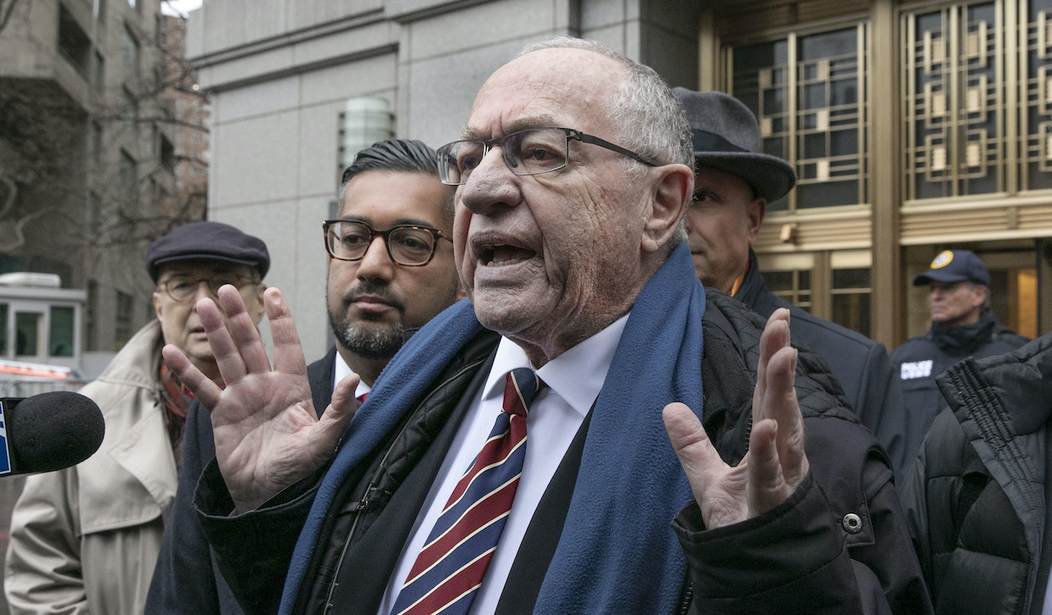
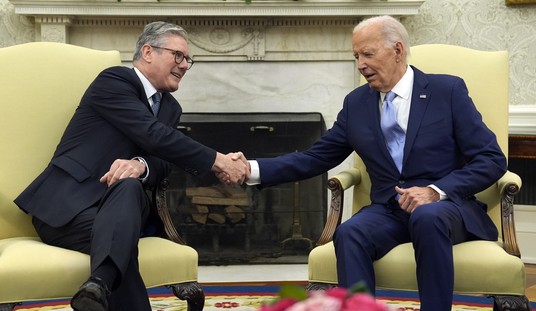

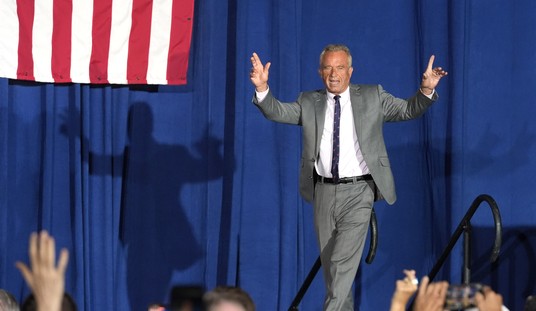

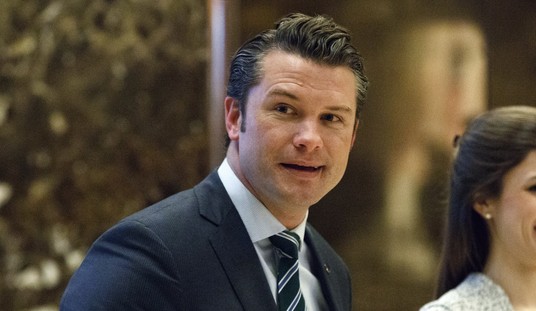
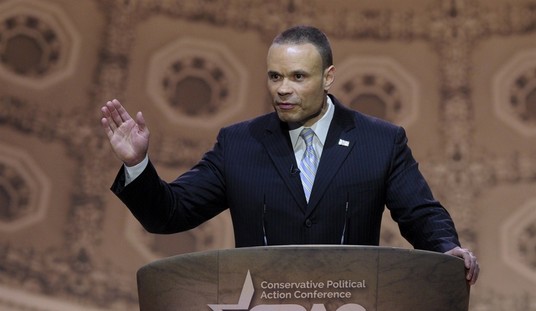
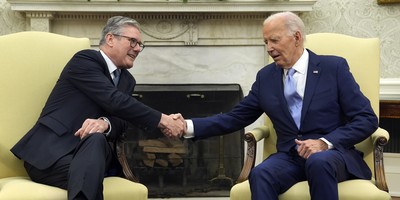
Join the conversation as a VIP Member